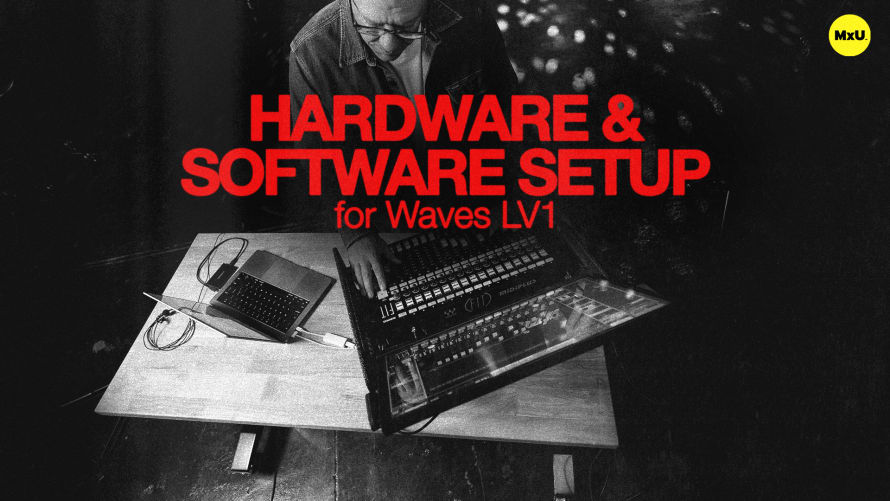
Premium
Sign up to watch Hardware & Software Setup for Waves LV1 and gain access to 500+ more Premium MxU videos.
Team
$99 .95
Per month, billed monthly.
For worship & tech teams
$83 .29
Per month, billed yearly.
For worship & tech teams
- Full course & video library
- Add your team
- Assign training
- Automated training workflows
- Create your own courses & videos
- Multi-campus support
- Organize with groups
Solo
$19 .95
Per month, billed monthly.
Just you, full content library
$16 .63
Per month, billed yearly.
Just you, full content library
- 889+ training videos
- Full course & video library
- Add your team
- Workflows, assignments, create courses & videos
More Premium Videos

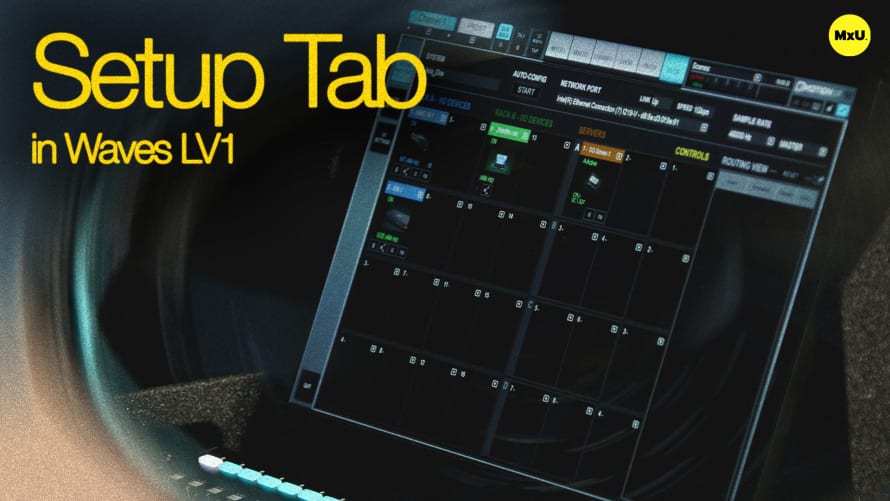
13:27


7:31

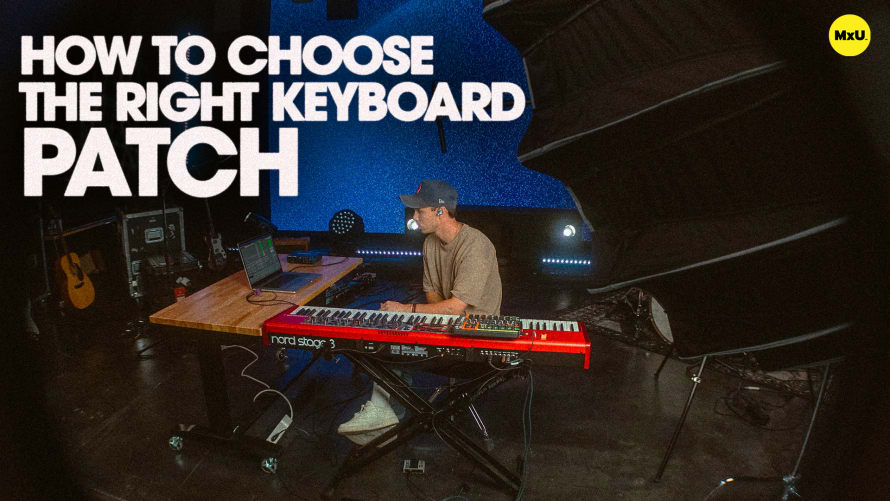
3:37

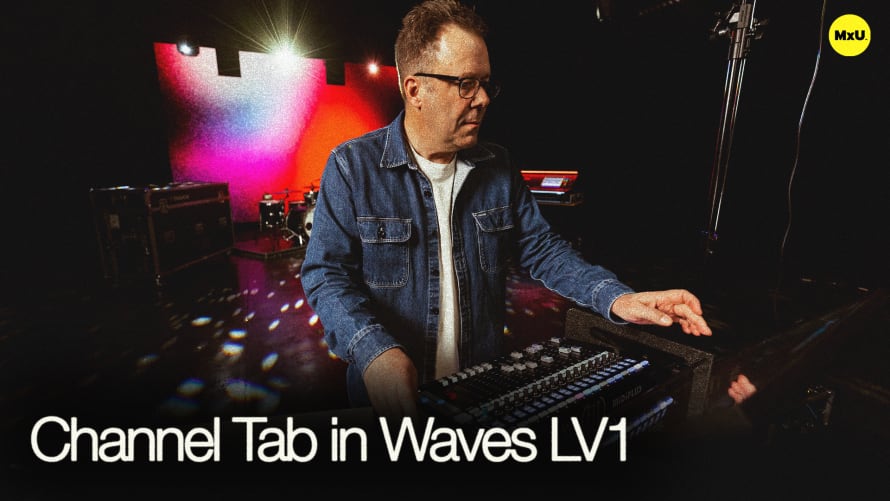
10:00

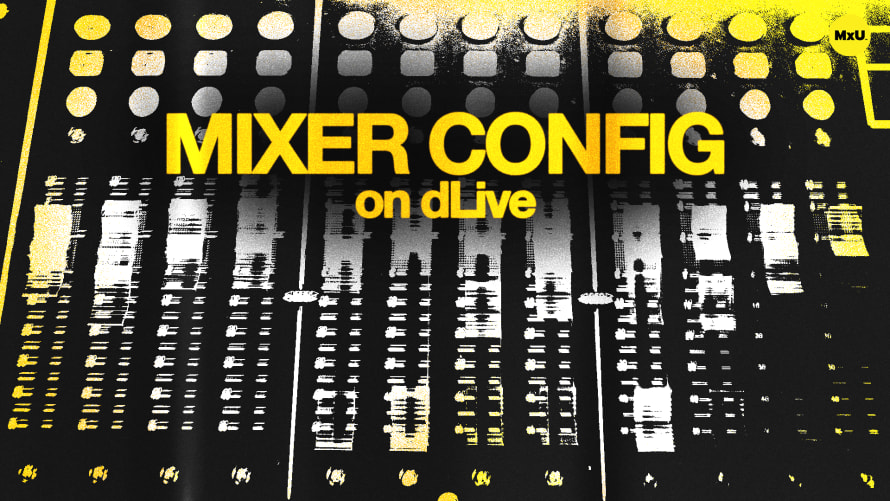
12:20
Hardware & Software Setup for Waves LV1
No actions available
Waves LV1 is a versatile and functional software-based mixer. It’s been developed around plugins and is designed to meet a diverse set of mixing needs. Jeff dives into the key parts necessary for a stable and secure LV1 system.
Software Requirements
The first step in setting up LV1 is to download the software from Waves. LV1 has a 16 channel, 32 channel, and 64 channel version. The channels can be either mono or stereo, allowing for more inputs with fewer channels. There is potential for up to 128 inputs with 64 stereo channels.
Computer Requirements
A dedicated computer is required to host the LV1 software. Waves sells a variety of computers specifically designed for this application without any of the unnecessary windows drivers or parts. If you want to use a computer of your own, that’s possible as well. Axis One and Axis Scope are the two recommended options discussed.
In addition to the dedicated computer to host the software, you will also need a server for plugin processing. The Waves Extreme server offers strong performance and fits well with the Axis One computer.
Touchscreen and Fader Controller
LV1 is a touchscreen-based mixer and supports multi-touch functionality. Additionally, a physical fader bank can be used for tactile control. The MiDi PLUS FIT controller is made specifically to work with LV1.
Network Switch
A network switch is needed to connect all components of the LV1 system. OCD labs has developed a custom rig for LV1 that keeps all of the hardware components contained into one unit. The network switch acts as the beating heart, keeping everything talking to each other.
Physical I/O
Analog inputs can be connected to LV1 via the Waves SoundGrid protocol. You can choose from a variety of hardware options. Jeff uses the Waves IONIC 16 in this course. It has 16 inputs and 12 outputs. The system supports up to 16 hardware units, allowing for a very flexible input configuration.
Categories
Audio
101
Premium Videos
Nothing added